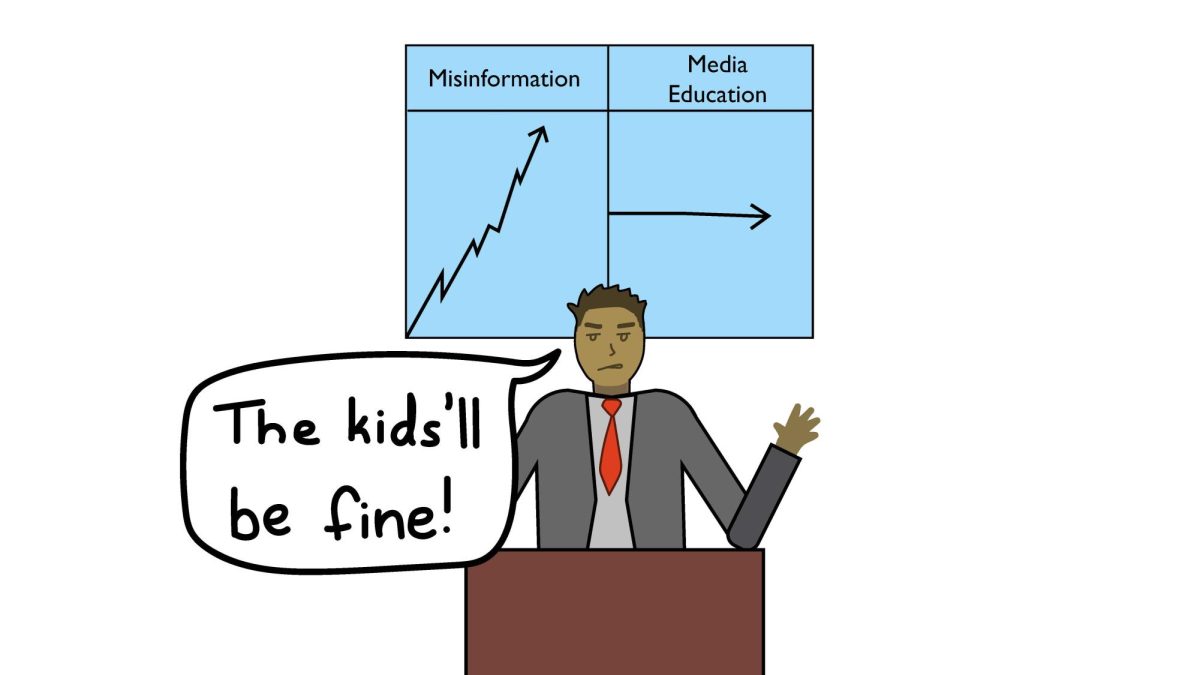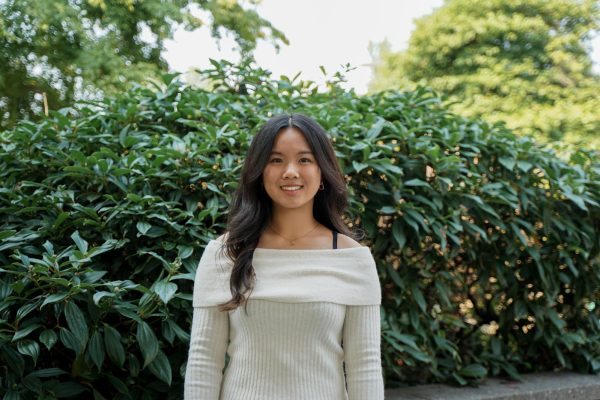For years, the refrain has been that students from affluent families can afford to buy their way into college; given the Varsity Blues case, it would seem that the chorus is right. On March 12, 2019, a federal court in Boston uncovered documents that implicated 33 parents for using bribery and various forms of fraud to influence their childrens’ college admissions results. This scandal exposed the grossly uneven playing field of varying “pay-to-win” approaches. From illegal means to accredited college admissions counselors, there are a multitude of ways parents pay for their children’s success, exemplifying the deeply-rooted systemic inequalities in the American educational system.
Students seeking individualized attention may seek out external college consultants, who are often Ivy league graduates, former admissions officers or both. It’s not as simple as meeting with a college admission counselor, though; exorbitant college admissions counseling fees divide wealthy students from their peers and further the gap between those with access to higher education and those without.
Ivy Coach, a college admissions consulting company, is notorious for its 2018 lawsuit against a mother who didn’t pay the $1.5 million she owed for her daughter’s college admissions counseling. As of November 2023, the company’s blog boasts that a “two-hour session of Common Application tutoring with Top Tier Admissions is priced at $1,200, and that is just the beginning.” On average, most companies typically charge between $4,000 and $7,500 for an advising package, according to 2022 data from the Independent Educational Counseling Association.
These advising packages are student-tailored high school plans, typically including study plans for standardized tests, strategically chosen extracurriculars and feedback on numerous college essays. This is a cost that the majority of families are unable to shoulder. Still, with college admission rates decreasing, it’s no wonder that parents are desperate to use whatever means necessary to help their children succeed. Harvard’s acceptance rate dropped from 10.6% for the Class of 2006 to a mere 3.19% for the Class of 2026, according to the Harvard Crimson. In the same period, the number of applicants rose from about 20,000 to about 61,000. As the number of applicants grows, the number of accepted students doesn’t appear to change much; for the classes of 2006 and 2026, about 2,100 and 1,900 students were accepted, respectively, making applications much more competitive. As more and more high school graduates chase college degrees, affluent parents are willing to spend more on their childrens’ success, leaving other families to work with limited public resources, like high school counselors. Public high schools don’t have enough staff to support every student in their post-high school journey.
The American School Counselors Association recommends a student-counselor ratio of 250:1, and Washington state’s average is 418:1. Inglemoor’s ratio is significantly lower, at 290:1. According to a 2020 ASCA report, 27% of counselors’ time is spent on direct student counseling. This means that in a seven hour school day, a Washington public high school counselor spends a little under two hours counseling students. At Inglemoor, this gives students a miniscule amount of time to speak with their counselors: just over an hour and a half — per year. On top of that, counselors need to tend to multiple student needs — not just academics. Students also rely on school counselors for social-emotional support and class scheduling. Thankfully, there are other public resources for students to access: Inglemoor employs a full-time college and career counselor, Jim Allen (he/him), who works with students and families to coordinate high school pathways until post-graduation, with connections to programs like Running Start, WANIC and College in the High School. More resources that families look into can be found on the internet through sites like YouTube, Facebook and college blogs. While online resources are far more accessible, it is hard to gauge how trustworthy these resources are. In addition, the strategies and approaches suggested may not be applicable to each student. Despite the benefits public school counselors provide to students, they simply can’t support students the way private counselors can.
Additional ASCA studies show that lower student-counselor ratios increase the likelihood of students having conversations with high school counselors about postsecondary plans. In contrast, the absence of a high school counselor deprives students of higher education opportunities and support, especially for first generation students. School counselors are a vital part of post-high school planning. Without school counselors, a proper understanding of how to apply to and plan for higher education is difficult to attain.
There is an urgent need for competitive, affordable college admissions counseling across the country. As the admissions process becomes more and more selective, it’s no longer acceptable to rely on overworked public school counselors to catch up to private college admission counselors. However, it’s possible that more students can have access to private college admissions counselors in the future. A report from the IECA shows a 400% increase in the number of college admissions counselors, nationwide, since 2005. A broader range of professionals would mean a wider range of clientele, and hopefully, cheaper, more equitable college admissions counseling. In order to promote a successful post-high school path, two things need to happen: schools need to put more emphasis on college and career counselors, and private college admissions counselors must make prices more accessible for families of all economic backgrounds.










